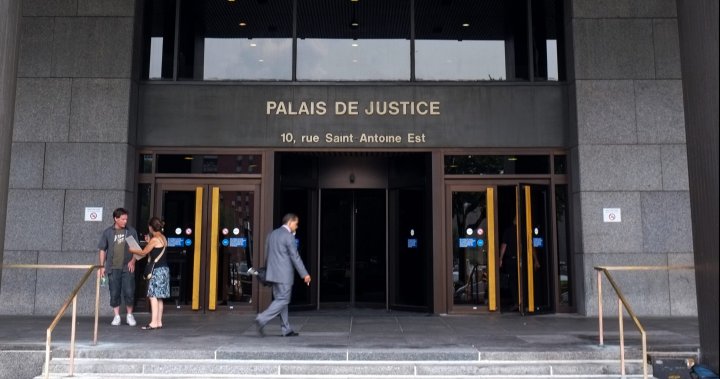A Quebec court judge has raised concerns about potential delays in criminal trials due to Quebec’s language law, Bill 96. The law requires all Quebec court judgements rendered in English to be immediately translated into French before being handed down. Judge Dennis Galiatsatos warns that this requirement could lead to unfair and unreasonable delays in the criminal process and has expressed the need to determine its constitutional validity. This issue has arisen in the context of an upcoming trial involving a woman accused of impaired driving in a fatal collision, where translating the decision could result in additional waiting time for the accused and the victim’s family.
The defence in the case does not want to contest the constitutionality of the language law, but may use it as part of their request for a stay of proceedings due to unreasonable court delays. The Crown Prosecutor is neutral on the issue but suggests that the judge render his decision orally first to avoid delays. However, University Laval Constitutional Law Professor Patrick Taillon believes Judge Galiatsatos’ approach is problematic, arguing that delays between the end of a trial and the judge’s decision do not apply in a Jordan application for unreasonable court delays. The language law uses the notwithstanding clause to shield it from the Canadian Charter, according to Taillon, making the concerns about delays unfounded.
The French Language Minister’s office asserts that the Jordan ruling does not apply to the deliberation of a judge and states that an efficient translation system has been developed since the adoption of Bill 96. However, some criminal defence lawyers, such as Eric Sutton, remain concerned about potential discriminatory delays for English-speaking accused individuals. Sutton argues that there may still be an argument for unreasonable court delays despite the 2020 ruling, and believes that the issue may need to be revisited by the Supreme Court if judgements cannot be remitted to parties due to translation requirements. Galiatsatos has called on the Attorneys General of Quebec and Canada to provide official positions on the matter by a specified deadline.
In response to Galiatsatos’ decision, the Quebec Attorney General and the Attorney General of Canada have both argued that the judge should not be raising constitutional questions without the support of either the crown or prosecutor. They contend that the issue has been imagined by the court and is a non-existent problem. However, concerns about potential delays in criminal trials due to translation requirements persist among some criminal defence lawyers, who fear that English-speaking accused individuals may face discrimination in receiving written judgements in a timely manner. Despite differing views on the issue, the validity and impact of Quebec’s language law on the criminal justice process remain a topic of debate and scrutiny.













